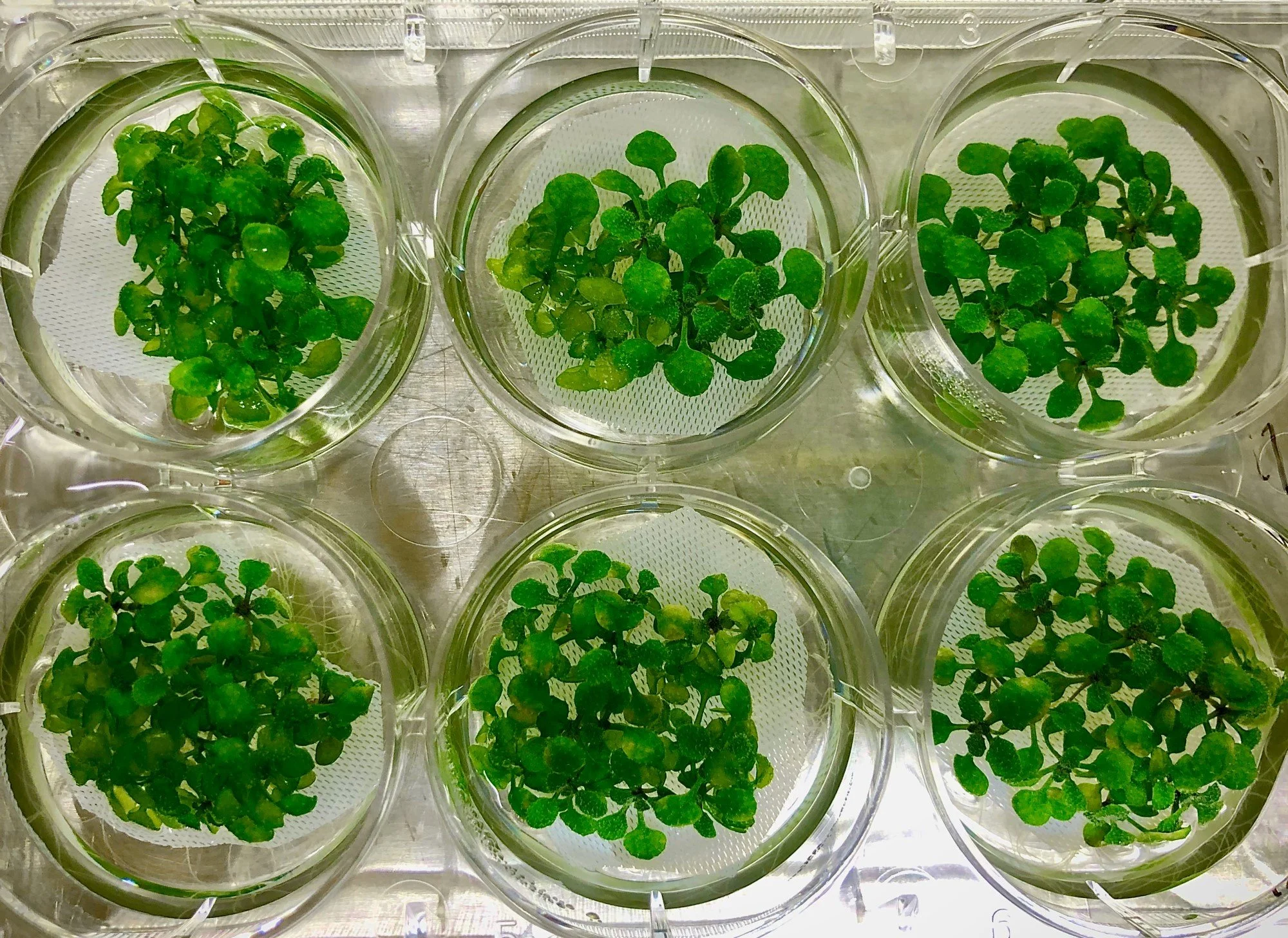From Seed to Soil and Back Again: Reductant-Based Phosphorus Solubilization as Test Case for More Holistic Seed Inoculants
Bacterial inoculants offer great promise for disease suppression and maintenance of agricultural yields, especially in marginal soils. When applied early in plant growth stages, numerous bacteria have been shown to enhance plant germination speeds and growth. Despite many promising demonstrations of the power of inoculants, our knowledge of the fundamental mechanisms by which bacteria promote plant growth and moreover a predictive understanding of the genetic features that might allow a bacterium to do so is still limited. To date, many inoculants are based on artificial pairings of microbes with plant hosts that they may or may not be well suited to colonize. As a result, current inoculants may be performing below their full capacity, and most studies suggest inoculants do not persist in soils beyond early growth stages. An important future step for using microbial inoculants to sustain agriculture will be studies blending successes in preserving and packaging microbes with efforts to understand on-plant bacterial viability.
As a test case, this proposal will use reductant-based phosphorus solubilization to explore the utility of matching microbial inoculants to their local environment and host. We will test the capacity of microbial inoculants to enhance plant access to phosphorus through direct bacterial production of reductants. To establish the utility of the general mechanism of phosphorus solubilization, we will use screens developed in the McRose laboratory to determine reductant production capacity in microbial isolates from Moroccan soils. The second part of the work will focus on identifying microbes that are better suited to host plants. We have identified specific genetic features that may help bacteria colonize the roots of model plants and will work to determine whether these findings can be translated to agriculturally relevant crops. The work will culminate in greenhouse experiments at UM6P to test the plant growth benefits of introducing promising microbes as seed inoculants and sequencing to track their fate in soils following introduction. While focused on phosphorus, lessons learned about the general colonization abilities of microbes could be easily transferred to inoculants that fix nitrogen.
UM6P project Team
Professor Issam Kadmiri
